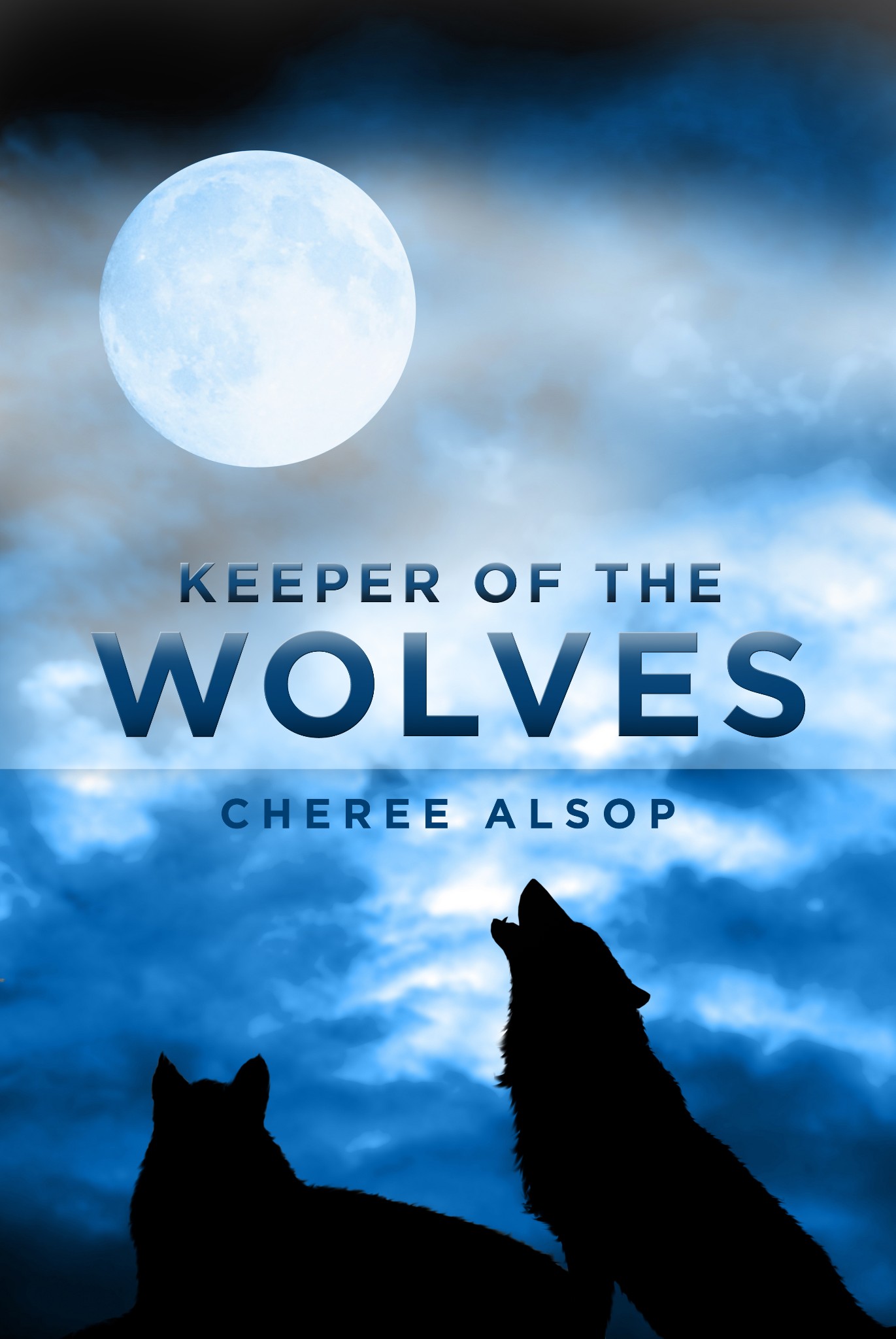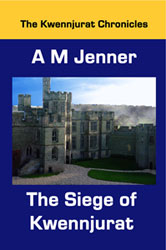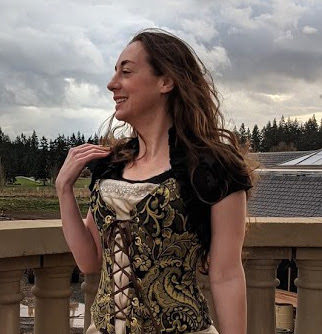Just a personal note here. I don't usually endorse books, but I do this one. I love Cheree and she is an incredible and imaginative writer. Her books are clean and exciting. She pulls off what many authors can't. I'm giving away three Shashwords copies of this book. Leave a comment for a…
Friday, June 28, 2013
Friday, June 21, 2013
Interview with Mikey Brooks
Mikey Brooks is a small child masquerading as adult. On occasion you’ll find him dancing the funky chicken, singing like a banshee, and pretending to have never grown up. He is the author/illustrator of several books including BEAN’S DRAGONS, the ABC ADVENTURES series, and author of the middle-gra…
Saturday, June 15, 2013
Dark Eagles First Flight by David R. Smith (Review)
Dark Eagles First Flight by David R. Smith
Website: http://www.thedarkeagles.com/
Goodreads: http://www.goodreads.com/book/show/13419934-first-flight
Amazon: http://www.amazon.com/Eagles-First-Flight-David-Smith/dp/0615571328
Review By Reader K. Krom
I though that book was very well written It had …
Saturday, June 8, 2013
Author Interview With Edward Eaton
Deirdra: When did you first know you wanted to be an author? Edward Eaton: I have always been an artist. I have always felt drawn to writing, but my need has always been for creative expression in general, not writing in specific. Working on plays has often served as a good creative outlet. I have st…
Saturday, June 1, 2013
Interview with A M Jenner
A M Jenner is a grandmother, mother, daughter, granddaughter and sister with a very large
extended family. She began reading and writing at a very young age.
Early publication credits include church newsletters, the ANWA newsletter Of Good Report,
high school literary magazine Rabbit Tales, and Me…
Subscribe to:
Posts (Atom)
Total Pageviews
Pages
- Home
- Art
- The Watchers Books
- Time Management For Creative People Workbook
- Book Trailers
- About Deirdra
- Clothing Designs and Paper Dolls
- Photography
- The Watchers Screenplay
- Crafts and Remodeling
- Book Covers
- Animal Family
- Free Stuff
- Watchers Worldwide
- Q & A
- Contact
- Recipes & Food Art
- Family Safety Advocacy
- My Garden
- Endorsements
- The Sanctuary
- News & Events
- Little Church on the Prairie
- Religious Women's Studies
- A Storybook World Podcast
|
Add this to your site |
Highlight the code below to get A Storybook World button










